On CBC’s reality TV show Dragon’s Den, entrepreneurs pitch their business ideas on national television, vying for financial investment from a panel of venture capitalists.
A first year course at the Munk School of Global Affairs is putting a more altruistic spin on the concept, challenging first year students to come up with ambitious ideas for solving global problems.
“All of my other courses in first year were about sitting in lecture halls and handing in essays,” says Danielle Pal, a second-year psychology and environmental studies major who participated in last year’s competition. “This class is very interactive. You have the experience of preparing your presentation and presenting in front of professionals. Their feedback is so helpful.”
Munk One, one of the University of Toronto’s ten first-year-foundation programs, gives students an opportunity to brainstorm real solutions to global problems in a hands-on, interactive learning model. Students split into lab groups that focus on themes like environment, digital governance, global health and more; seeking to find answers to a big question within their given theme. Once each group identifies a solution to their problem, they prepare a proposal to present in front of a panel of experts, Dragon’s Den style.
The proposals are a culmination of a year’s worth of work: the students spend a full semester learning the research process, how to collect information, how to write policy papers and how to prepare an effective presentation. During the second semester of the class, students are grouped into specialized labs with mentors from the Master of Global Affairs (MGA) program who provide guidance on refining their solution.
“The entire second semester is about working through the details,” says Pal. “Working with your group and your TA, you think about the feasibility of the solution and do a lot of troubleshooting. Will your idea work or not work?”
After much practice and preparation, students present their ideas in front of a panel of experts. It’s a rare opportunity for first-years to gain valuable real-world experience. This year’s judges include Ellen Morgan, program officer for Global Mental Health at Grand Challenges Canada; Caterina Ventura, senior advisor at Global Affairs Canada; and Jonathan Jennings, deputy director at Médecins Sans Frontières (Doctors Without Borders).
While bragging rights and practical experience are their own rewards, the students with the strongest proposal get to travel to bigger conferences to see how other thinkers around the world are working to solve global problems. Last year’s Dragon’s Den winners traveled to Washington, DC to attend various symposia in the National Institutes of Health, the Ashoka Exchange and the Social Enterprise Symposium at the University of Maryland to name a few. This year’s winners will attend the RESULTS Canada conference in Ottawa.
“Munk One Dragon’s Den highlights the incredible opportunities available for our first year students,” says Teresa Kramarz, director of the Munk One program. “The event gives students a chance to develop the skills required to bring about real solutions to specific global problems. It sets the foundation for turning their big ideas into tangible results.”
By: Adrienne Harry

